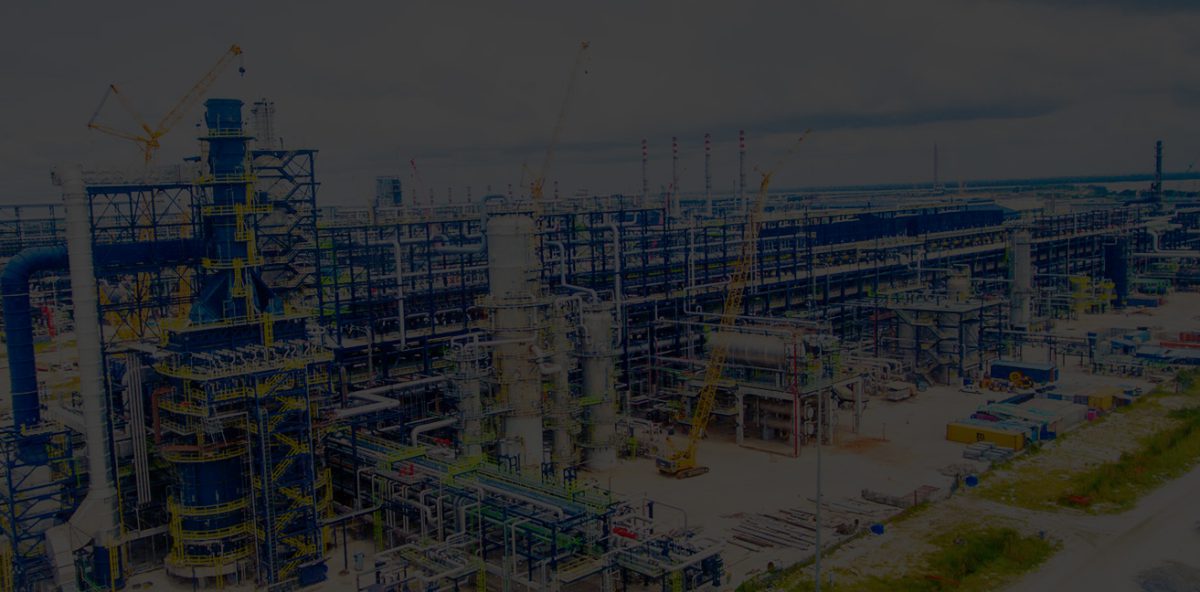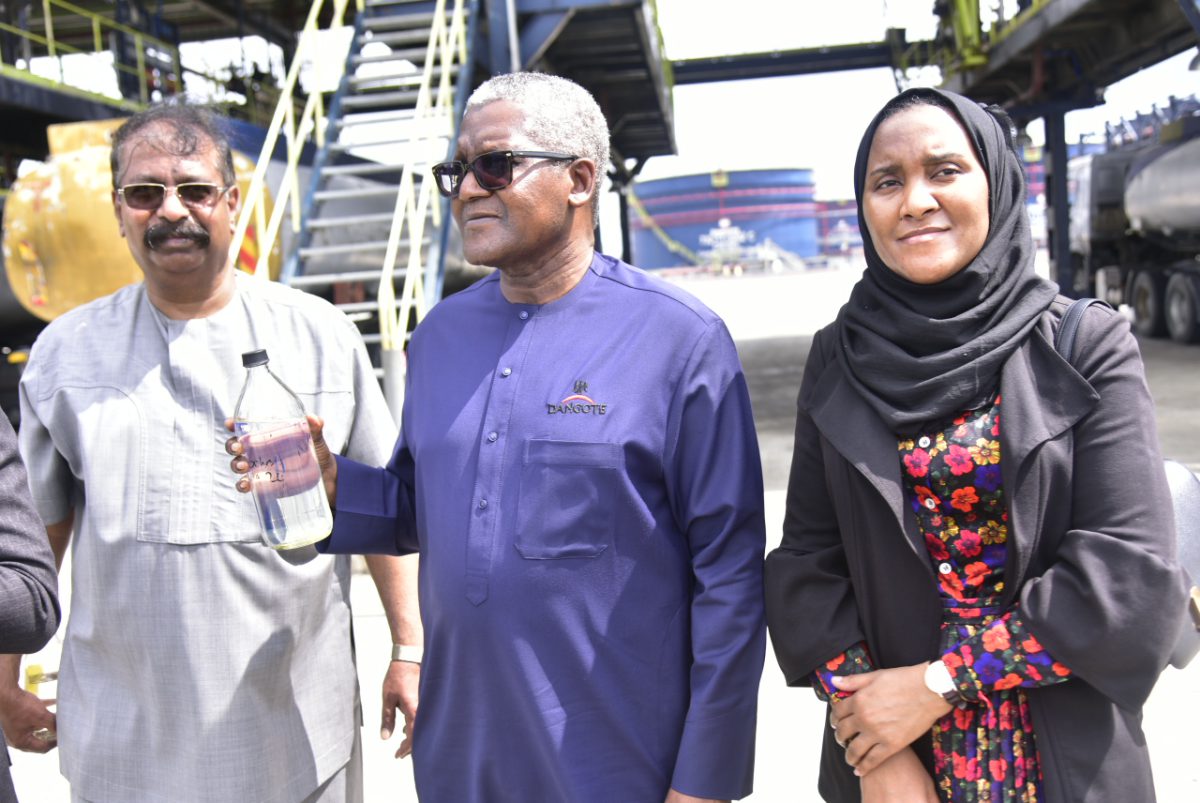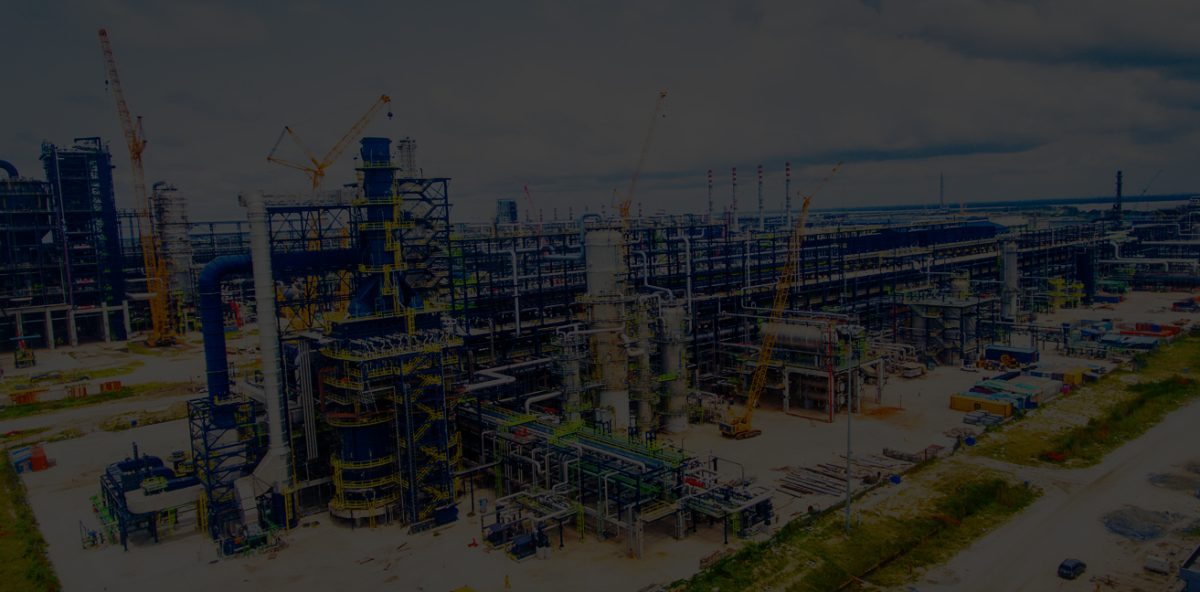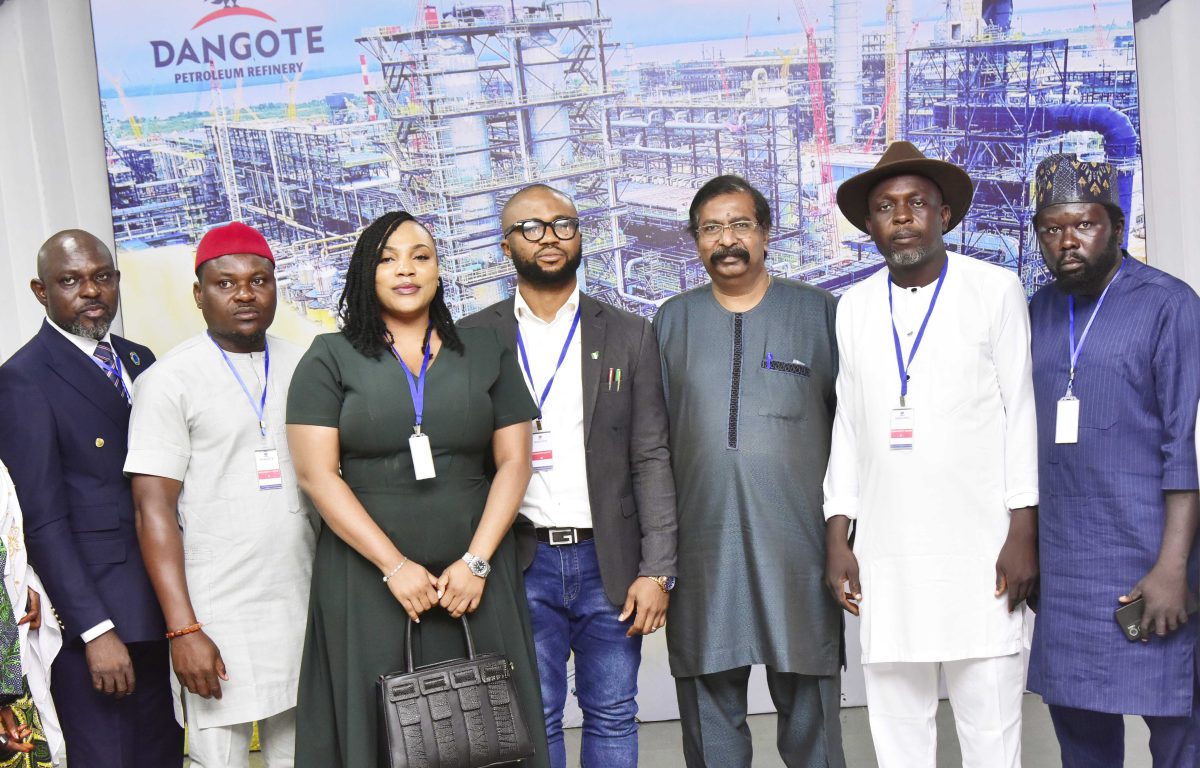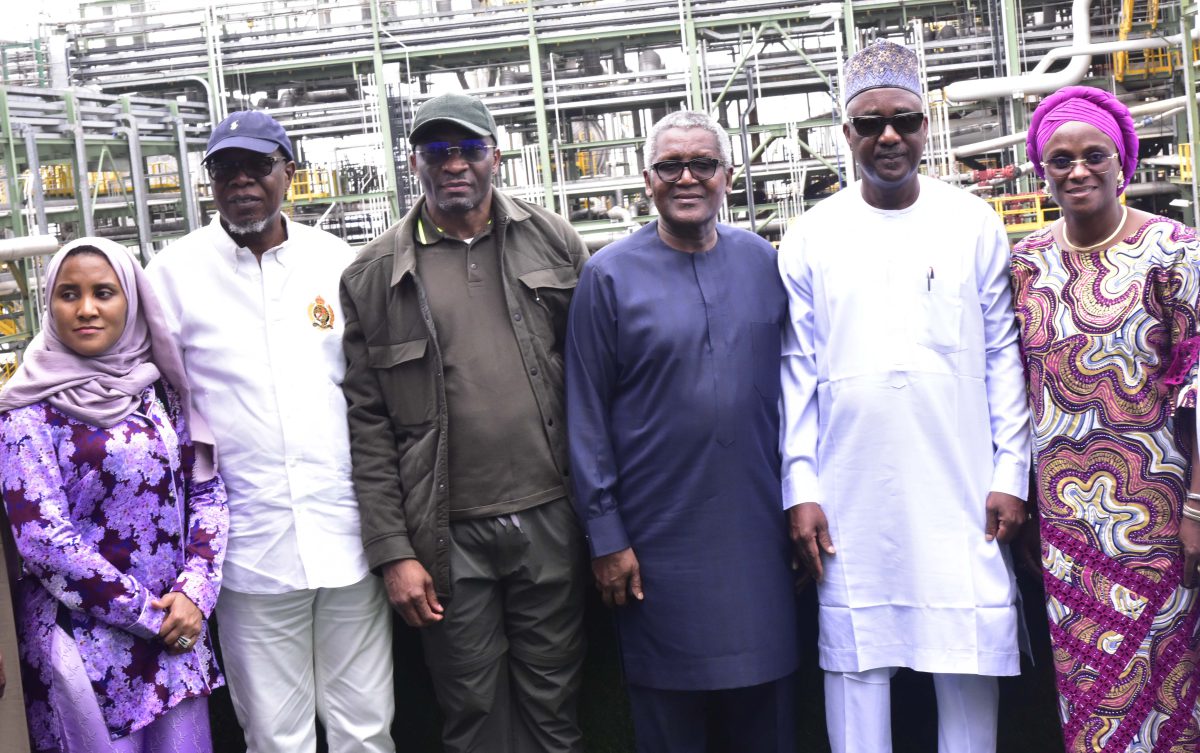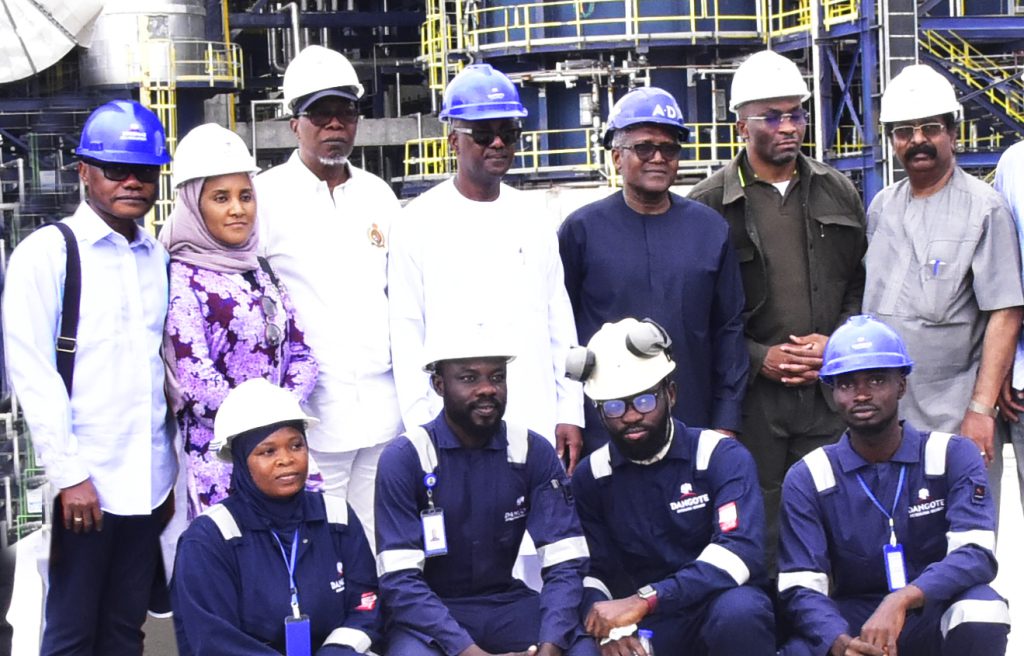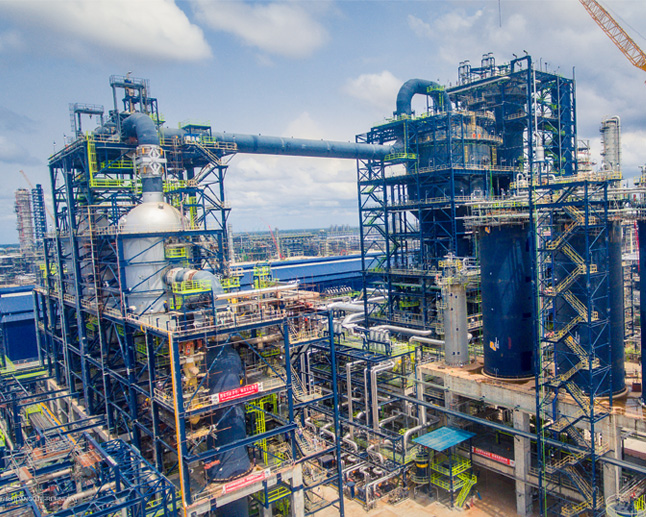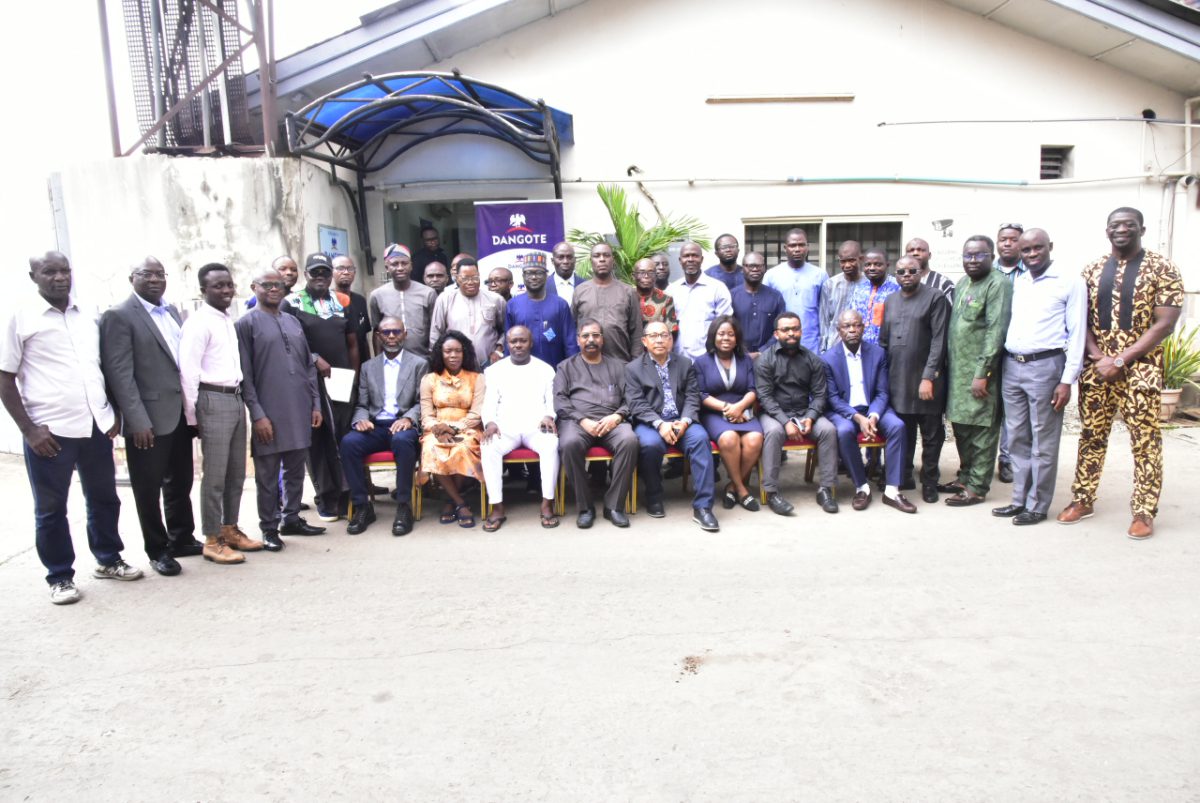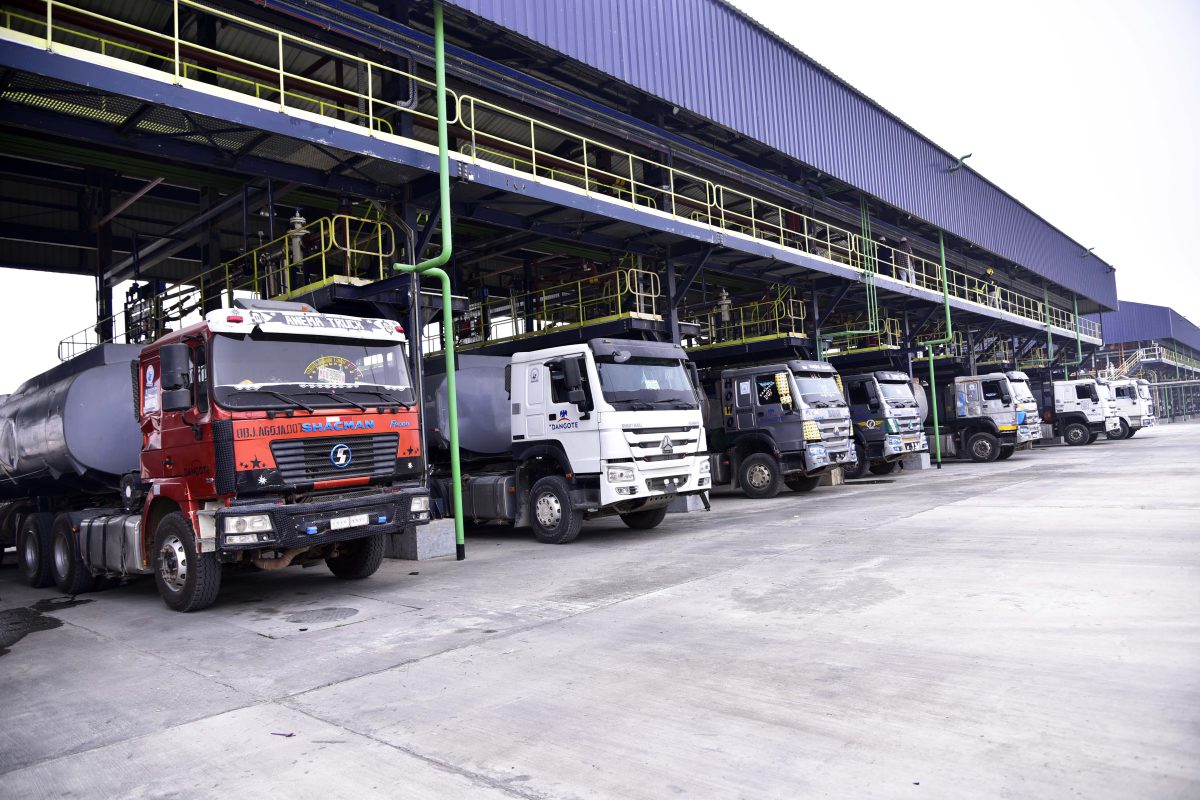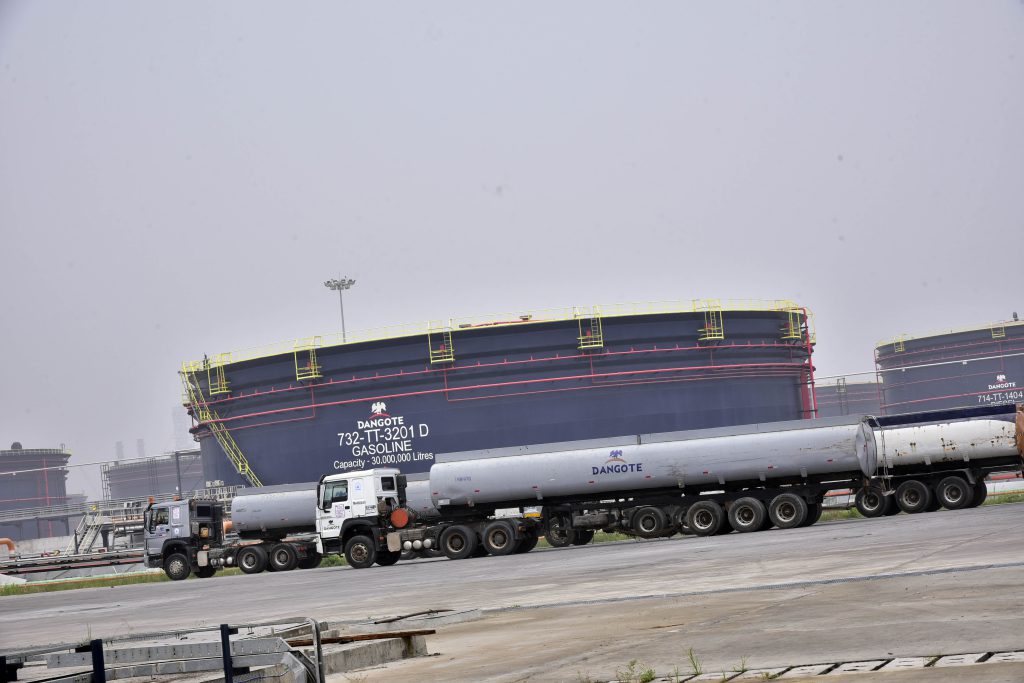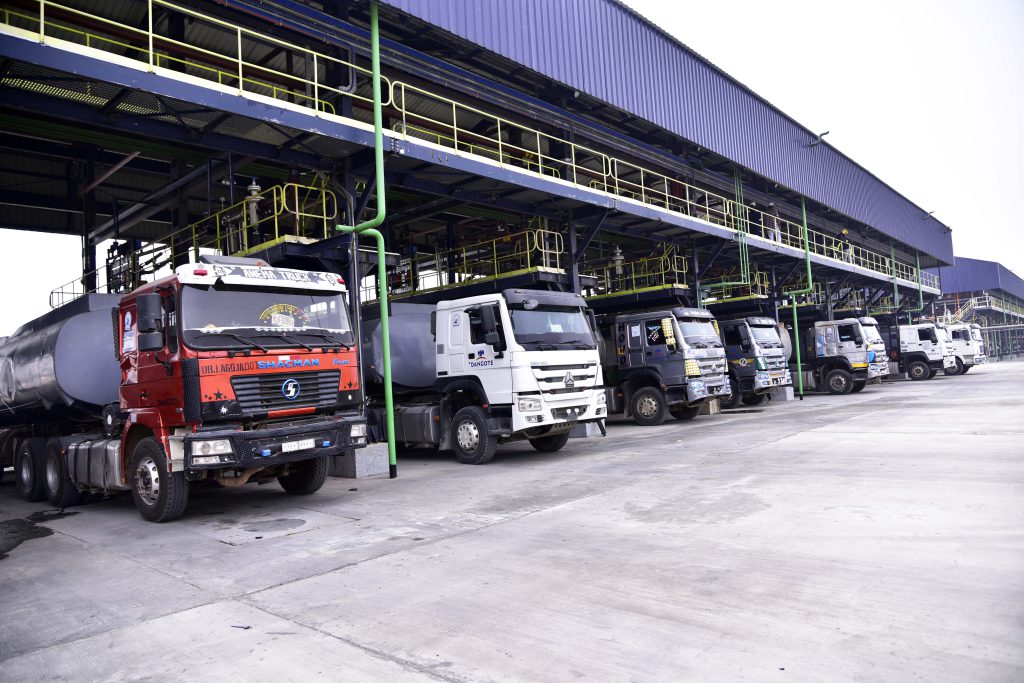Dangote Petroleum Refinery and Petrochemicals has advised Pinnacle Oil and Gas Limited that deregulation should not be used as a justification for the importation of off-spec petroleum products or the undermining of Nigeria’s national interests.
The refinery made this statement in response to remarks by Robert Dickerman, CEO of Pinnacle Oil and Gas Limited, concerning the importation and blending of petroleum products, which he framed within the context of a “deregulated commodity market.” Dangote Petroleum Refinery said that his argument for a deregulated market could not obscure the serious implications of his actions, which, it claimed, not only threatened the integrity of Nigeria’s energy sector but also endangered the welfare of its citizens.
While reiterating its support for deregulation and industrialisation, Dangote emphasised that this support is grounded in a commitment to the sustainable growth of the country’s economy and the protection of its people from exploitation. The refinery made it clear that the health and safety of Nigerians should never be compromised in the pursuit of profit.
“The Dangote Petroleum Refinery and Petrochemicals Company has long been an advocate for deregulation and industrialisation in Nigeria, but our support is rooted in a commitment to the sustainable growth of the country’s economy and the protection of its people from any exploitation. Unlike Dickerman’s view, deregulation should not be a licence for the importation and distribution of off-spec products or the subversion of national interests,” it said.
The company also noted that, as an American, Dickerman should be well aware of how his own country protects its industries. It pointed to several recent examples from the United States to underline the point. For instance, U.S. President Joe Biden recently opposed the sale of U.S. Steel to Japan’s Nippon Steel, stressing the importance of maintaining strong American steel companies supported by American workers—an example of protectionism that prioritises national economic interests over short-term profit. Similarly, the U.S. has taken action to restrict the use of Chinese-made cranes in its ports, citing national security concerns. The U.S. has also imposed a 100% tariff on electric vehicles and a 50% duty on medical equipment imported from China, further demonstrating its commitment to safeguarding domestic industries. The United States has also ramped up efforts to boost its own production of computer chips and medical supplies, driven by national security concerns and the need for economic self-sufficiency. Furthermore, during his presidency, George W. Bush used anti-dumping laws to impose tariffs on a range of Chinese goods that were considered to be unfairly priced.
“It is therefore perplexing that Dickerman, with all his experience in the U.S. market, would advocate for the importation and blending of petroleum products to Nigeria under the claim of deregulation and a free market. The fact is that he had deceitfully approached us and pleaded that we extend the pipeline from our refinery to Pinnacle’s tank farms for the purpose of blending our high-quality products with their imported products and selling them to Nigerians. We categorically rejected his request to extend our pipeline to their tank farms for such devious purposes because it would be a betrayal of the Nigerian people’s trust. The health and safety of Nigerians cannot—and should not—be compromised for profit.”
The company also raised concerns over Pinnacle Oil’s decision to lease its tank farms to a company without any retail outlets in Nigeria, questioning the strategic intent behind such actions, particularly given that the farms are located just 500 metres from Dangote’s refinery. It expressed its vigilance regarding the coordinated efforts to undermine the Dangote Refinery, drawing parallels to the fate of refineries in Port Harcourt, Kaduna, and Warri.
Dangote Petroleum Refinery called on the government, patriotic Nigerians, and local businesses to remain steadfast in defending the country’s sovereignty and economic independence.
“The choice we face is between fostering industrialisation or allowing Nigeria to remain a dumping ground for inferior products while exporting jobs. For nearly three decades, cartels and their collaborators have sabotaged efforts to develop Nigeria’s refining capacity, keeping the country dependent on imported products. The time has come to end this cycle of exploitation and ensure that Nigeria’s energy sector works for the benefit of its people,” it added.
Reiterating its belief that a strong, self-sufficient energy sector is vital for Nigeria’s economic growth, Dangote affirmed that it will continue to advocate for policies and practices that protect both industries and the well-being of all Nigerians.
The company also expressed its support for healthy competition that drives innovation and quality, and looked forward to the upcoming commissioning of the four state-owned refineries, as promised by the NNPCL.
“At Dangote Petroleum Refinery, we are committed to ensuring that Nigeria becomes self-reliant in petroleum production, and we welcome competition that drives innovation and quality. However, we will never allow the continued importation and blending of petroleum products, nor the deliberate destruction of our national economy. We believe that a strong, self-sufficient energy sector is vital to Nigeria’s economic growth, and we will continue to advocate for policies and practices that protect our industries and the well-being of all Nigerians.”
“We eagerly anticipate the coming on stream of the Kaduna, Warri, and Port Harcourt refineries before the end of this year, as promised by the Group Chief Executive Officer (GCEO) of NNPCL, Mele Kyari. This milestone will not only end all baseless rumours of monopoly but also position Nigeria as a refining hub for petroleum products in Africa,” it concluded.
